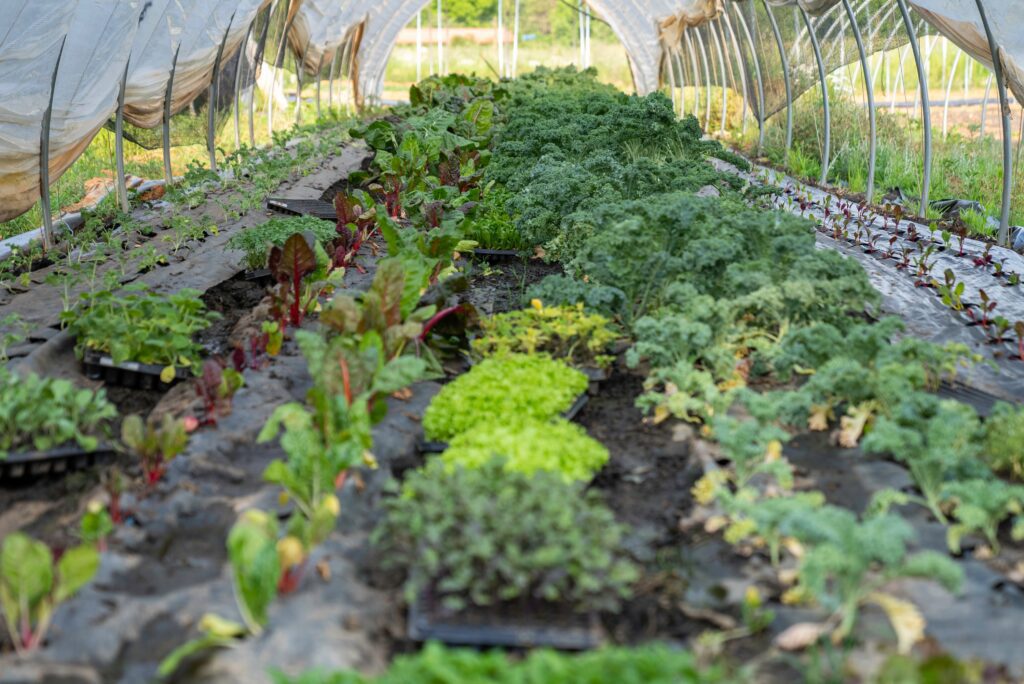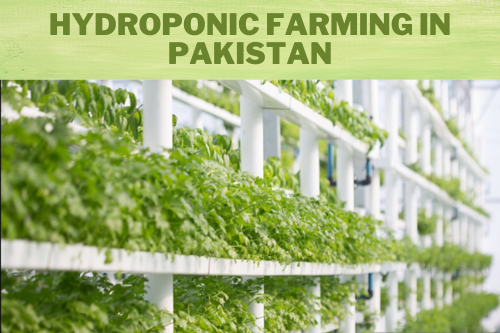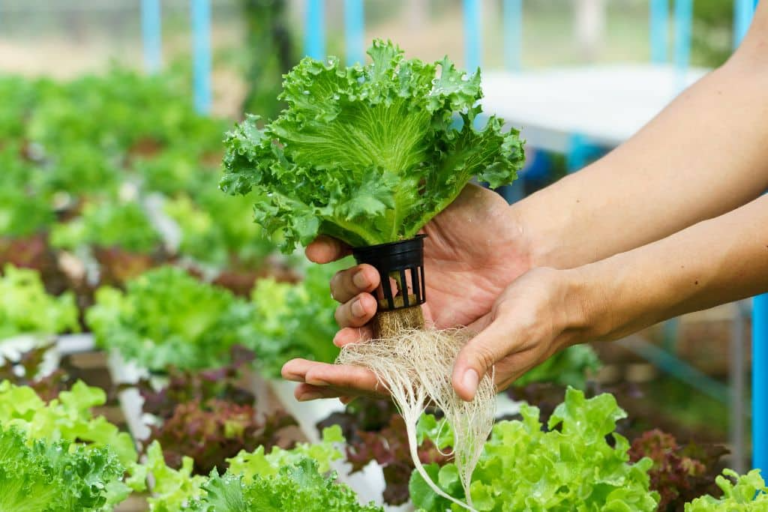Introduction:
Hydroponic farming is a soilless agricultural technique that involves growing plants in a nutrient-rich water solution, typically in a controlled environment such as a greenhouse or indoor facility. Instead of soil, plants receive essential nutrients directly through their roots in a precise and controlled manner.
Understanding Hydroponic Farming
It’s like giving plants a VIP treatment, with a custom-made cocktail of nutrients delivered right to their roots.
Well, my curious friend, hydroponic farming offers a whole host of advantages that are too good to ignore. Say goodbye to wasted water and hello to sustainable farming practices.
Advantages of Hydroponic Farming
Brace yourself, because we’re about to embark on a journey into the extraordinary advantages of hydroponic farming.
So, what’s the big deal with hydroponic farming, you ask?
One of the most tantalizing advantages of hydroponic farming is the incredible increase in crop yield. It’s like turning a regular tomato plant into Arnold Schwarzenegger, flexing its bulging fruits with pride.
But that’s not all, my friend. By recirculating and reusing water within the system, hydroponics significantly reduces water wastage compared to traditional farming methods. It’s like hitting two birds with one nutrient-infused stone—growing crops and conserving water simultaneously. Who knew plants could be so efficient and environmentally conscious?
Get ready to enter a world where plants thrive without soil, yields skyrocket, and water conservation is a top priority.
- Increased crop yield: Explain how hydroponics allows for optimal nutrient delivery, leading to higher yields compared to traditional farming methods.
- Water efficiency: Discuss the water-saving potential of hydroponic systems and how they can address water scarcity issues.
- Space utilization: Highlight the ability of hydroponics to maximize space usage, making it suitable for urban areas and vertical farming.
- Reduced reliance on pesticides: Discuss how controlled environments in hydroponic systems minimize the need for chemical pesticides.
- Year-round production: Explain how hydroponics enables farmers to grow crops irrespective of seasonal limitations.
Environmental Sustainability
One of the remarkable ways hydroponic farming promotes environmental sustainability is through its water-saving wizardry. We all know that water is a precious resource, and with hydroponics, we can bid farewell to wasteful irrigation practices.
But that’s not all, my environmentally conscious comrades. Hydroponic agriculture also tackles another pressing issue: nutrient runoff. But fear not! Hydroponics steps in like a superhero plumber, preventing nutrient leaks and ensuring that only the necessary amount reaches the plants. It’s like a nutrient management system on steroids, keeping our waters clean and our fishy friends happy.
So, get ready to dive into the world of environmental sustainability, where hydroponics takes center stage.
Economic Viability
Attention, budding entrepreneurs and money-savvy gardeners! Today, we’re diving headfirst into the fascinating world of hydroponic farming’s economic viability.
In fact, it’s time to put those greenbacks in the spotlight and show you the money-growing magic of hydroponics.
One of the most enticing aspects of hydroponic farming’s economic viability is the potential for higher profitability. It’s like turning a penny into a dollar, or rather, a seedling into a money-making machine.
But wait, there’s more! Hydroponic farming isn’t just about making money; it’s also an opportunity to create new jobs and cultivate thriving local economies.
So, put on your entrepreneurial hats and get ready to witness the economic powerhouse that is hydroponic farming. From high-profit potential to job creation, hydroponics offers a garden of financial opportunities that can make your wallet bloom.
Challenges and Future Outlook
While this innovative farming technique offers a plethora of advantages, it’s not all smooth sailing in the hydroponic seas. But fear not! We’re here to shed light on these challenges and, of course, add a sprinkle of humor to keep things lively.
It’s like embarking on a DIY project, but instead of assembling a bookshelf, you’re constructing a plant paradise.
Ongoing research and technological advancements are paving the way for more accessible and cost-effective hydroponic systems. It’s like witnessing the evolution of farming, where plants and technology join forces to create a sustainable and efficient future. After all, where there’s a challenge, there’s also an opportunity for growth and improvement.
Together, we’ll navigate the obstacles, celebrate the triumphs, and witness the blossoming future of hydroponics.

Conclusion:
Hydroponic farming has many advantages, including higher agricultural yields, effective water use, environmental sustainability, and financial feasibility. There are difficulties, but continued study and advancements in technology hint at a better future for this cutting-edge agricultural technique. A more sustainable and wealthy agricultural landscape is made possible by the fascinating possibilities provided by hydroponics.
For more Amazing and Unique information and posts visit our Home page... If you have any suggestions or information feel free to share with us ….







